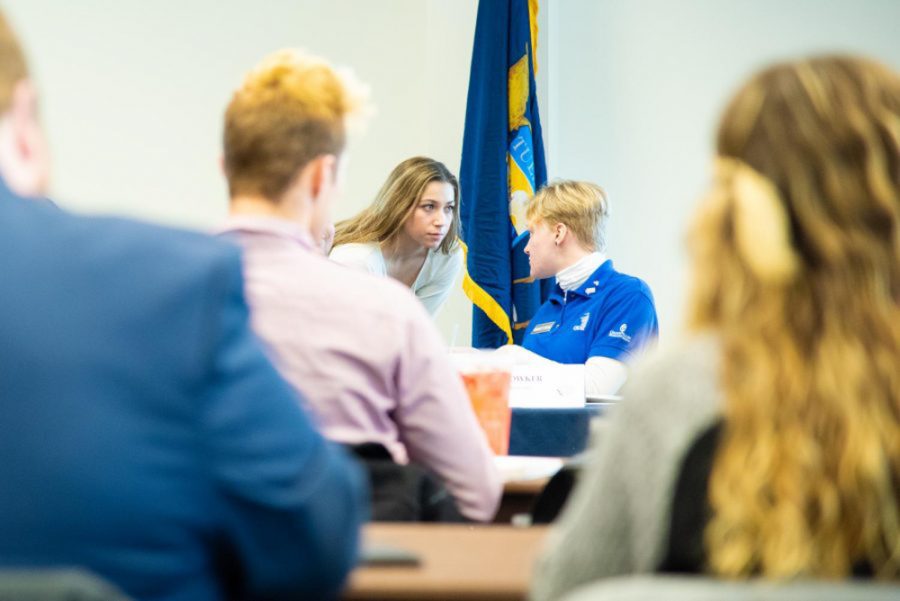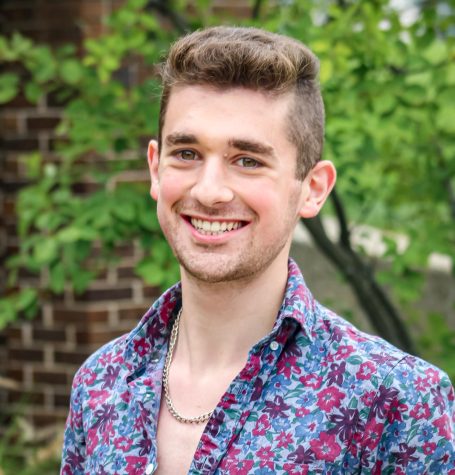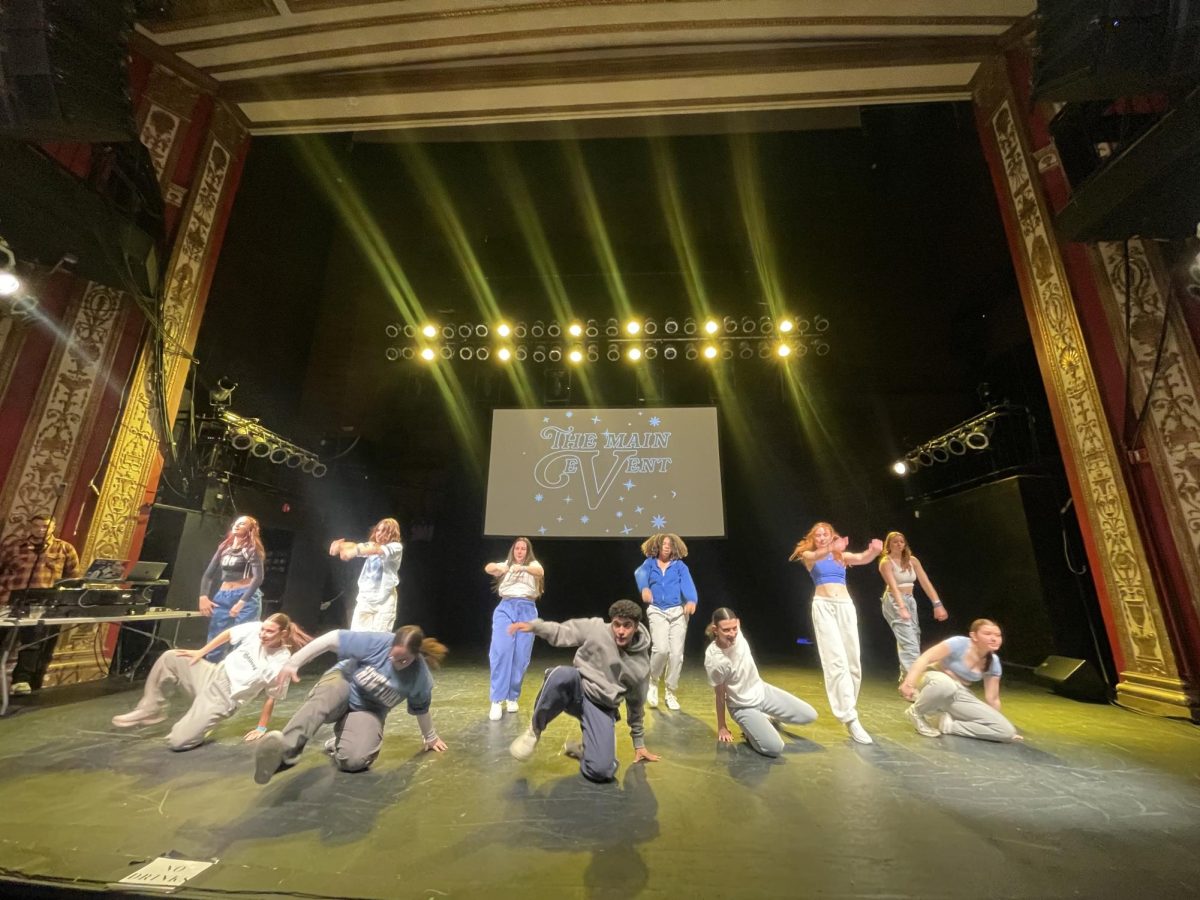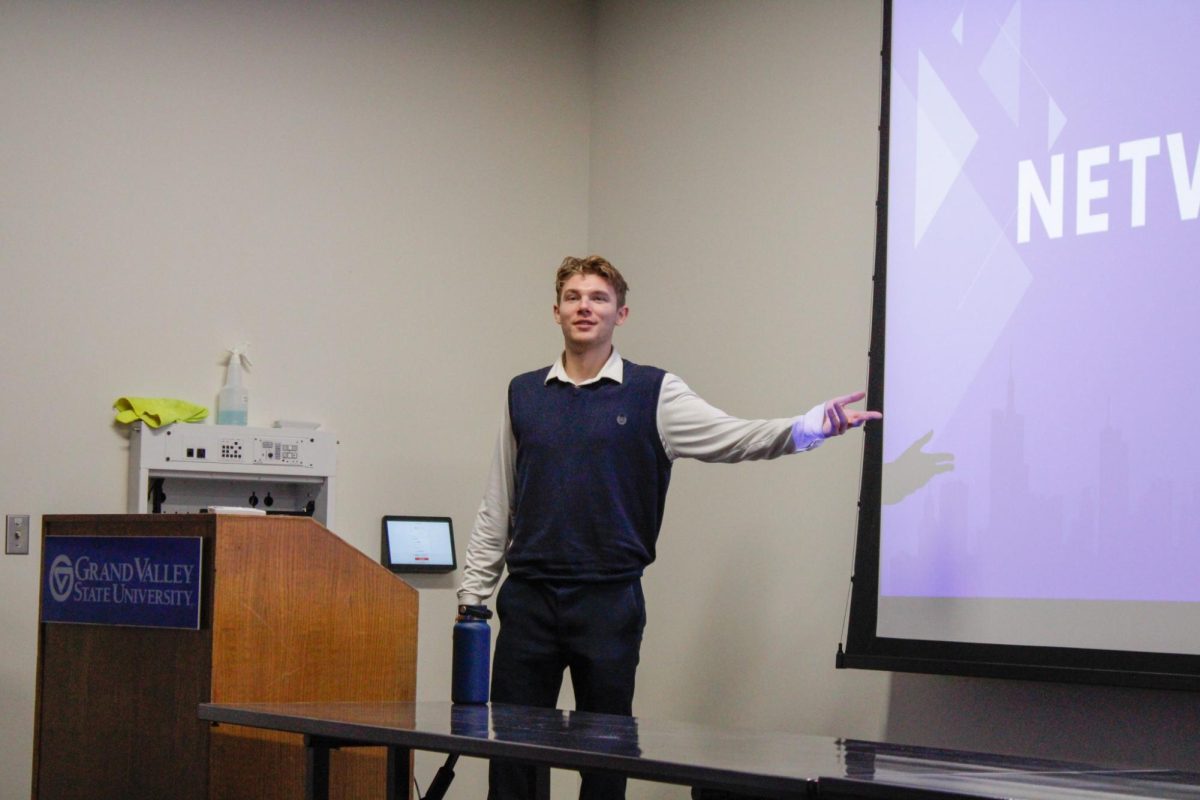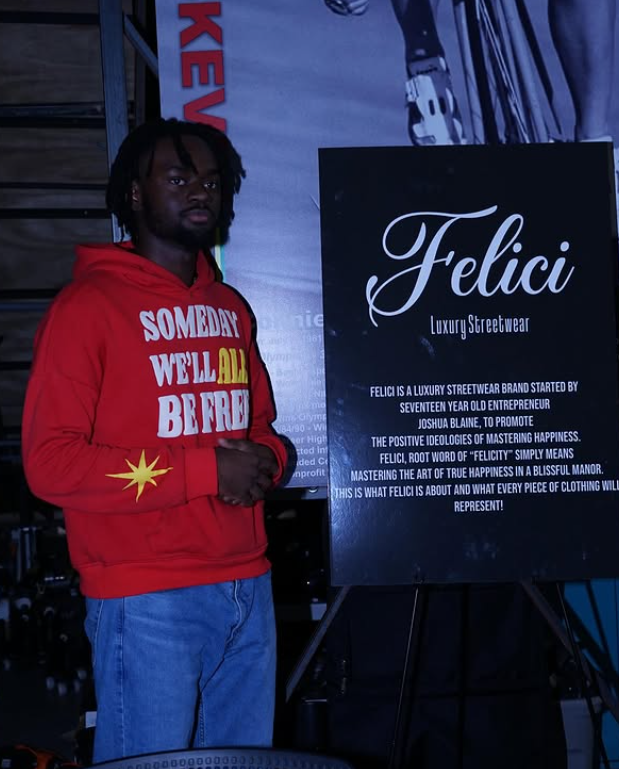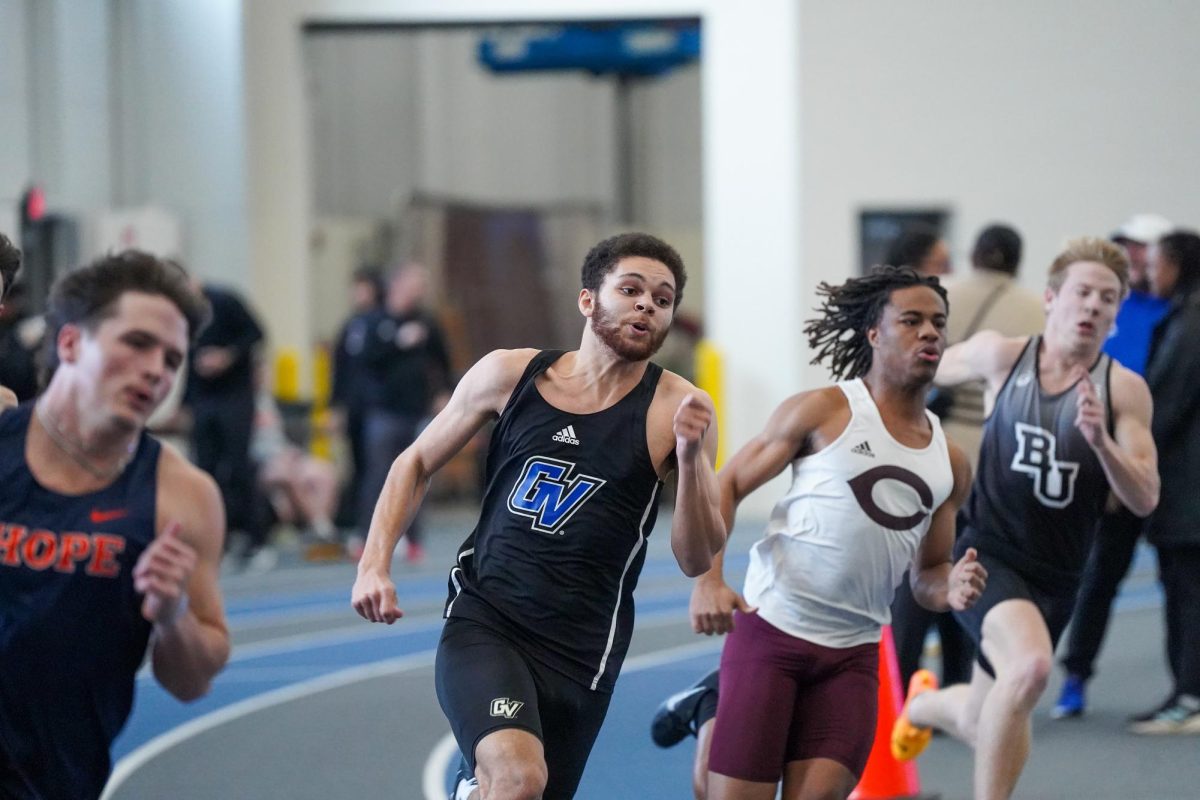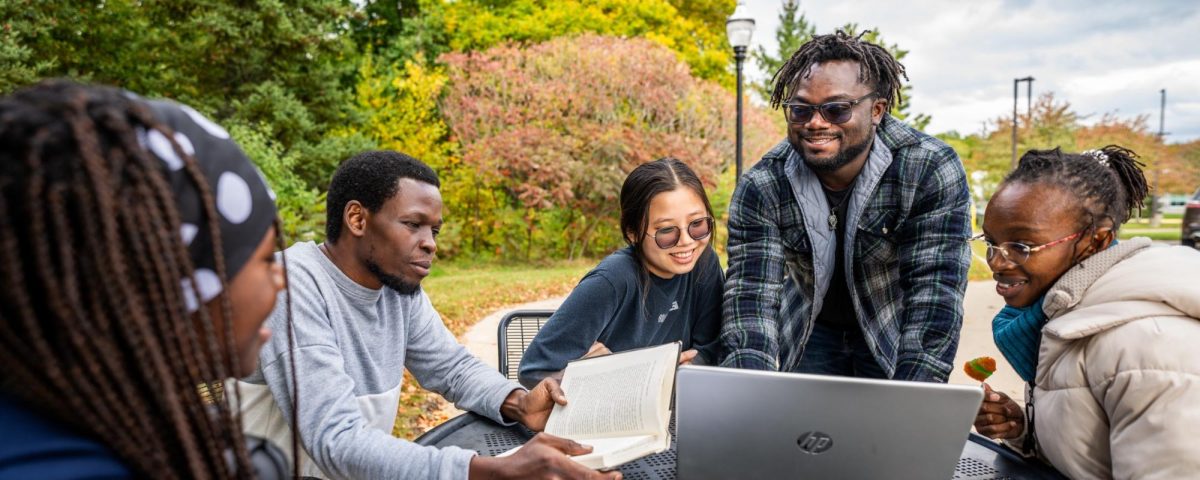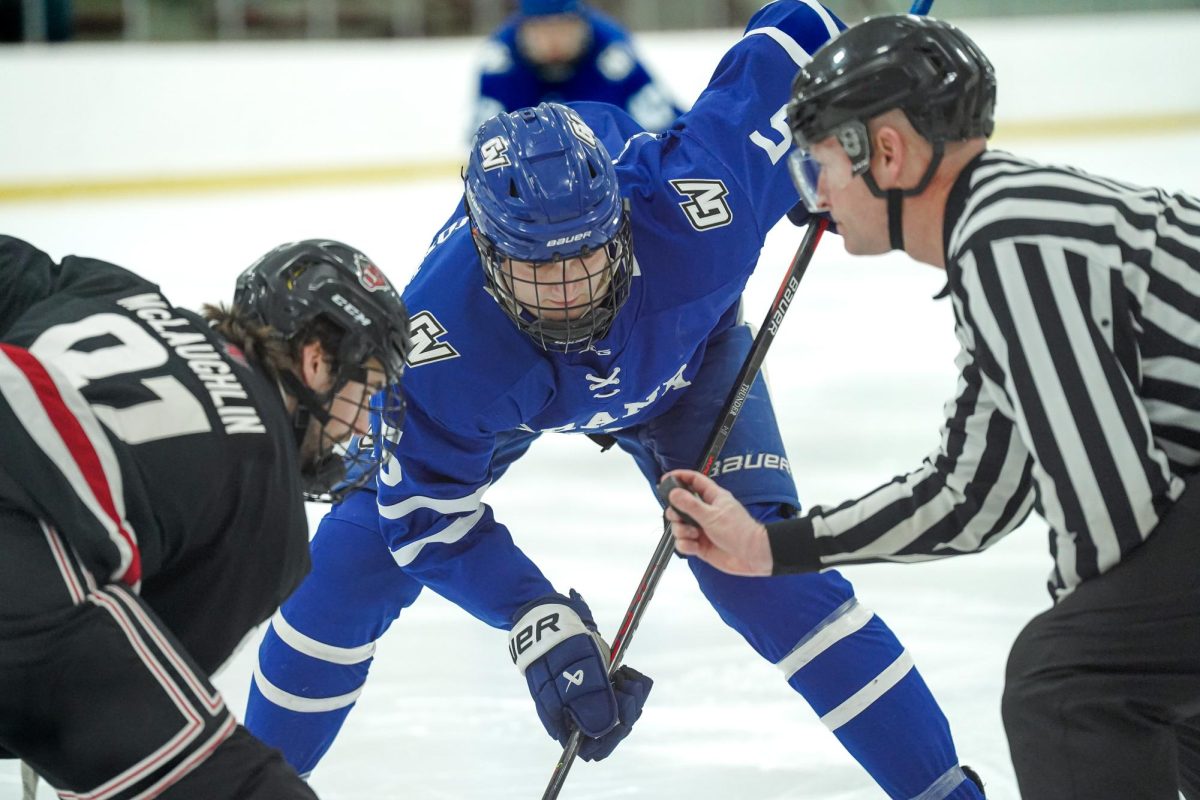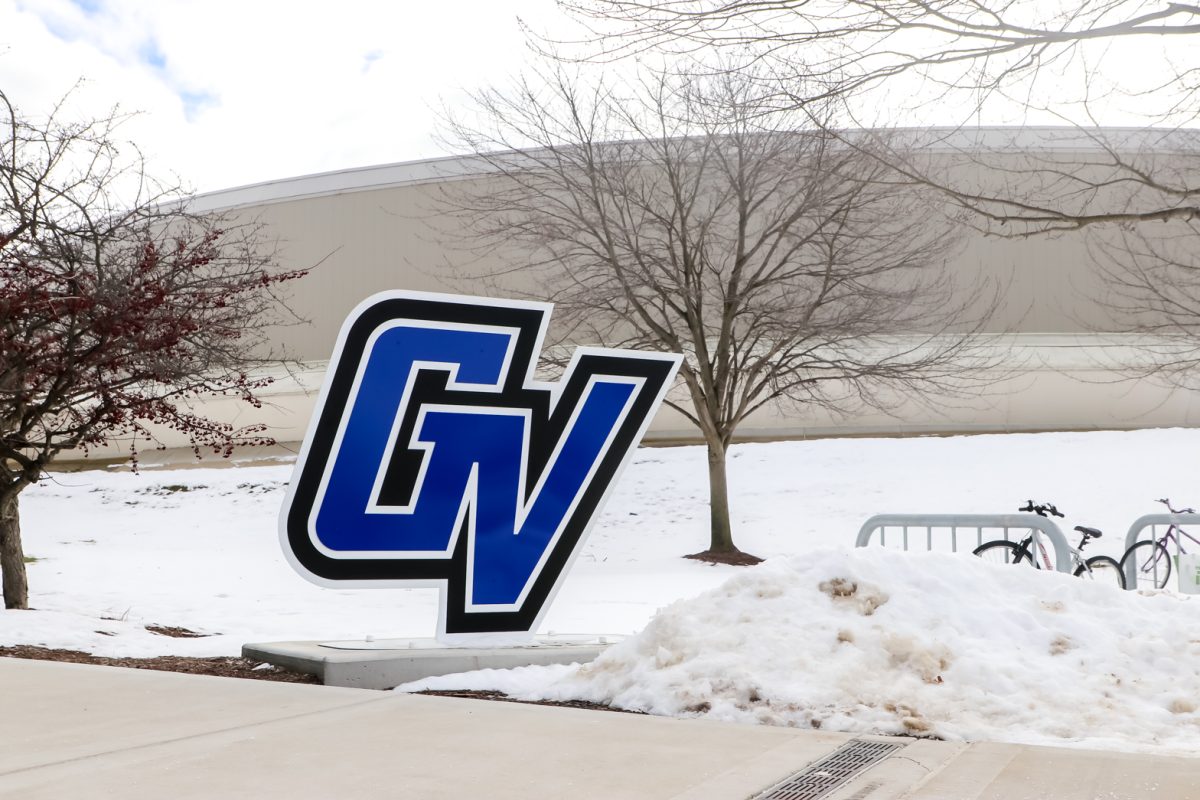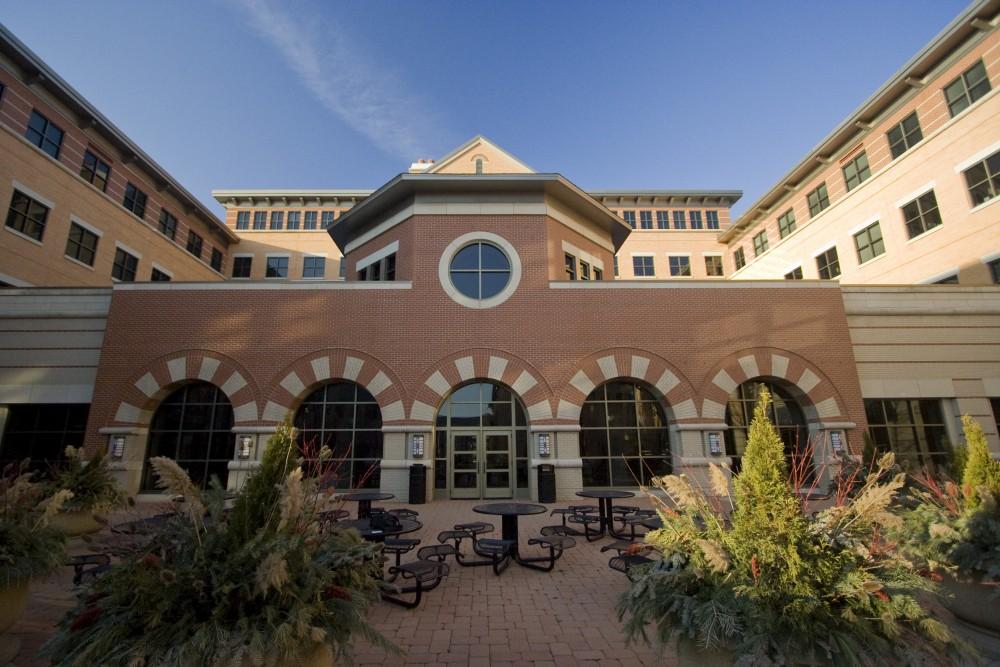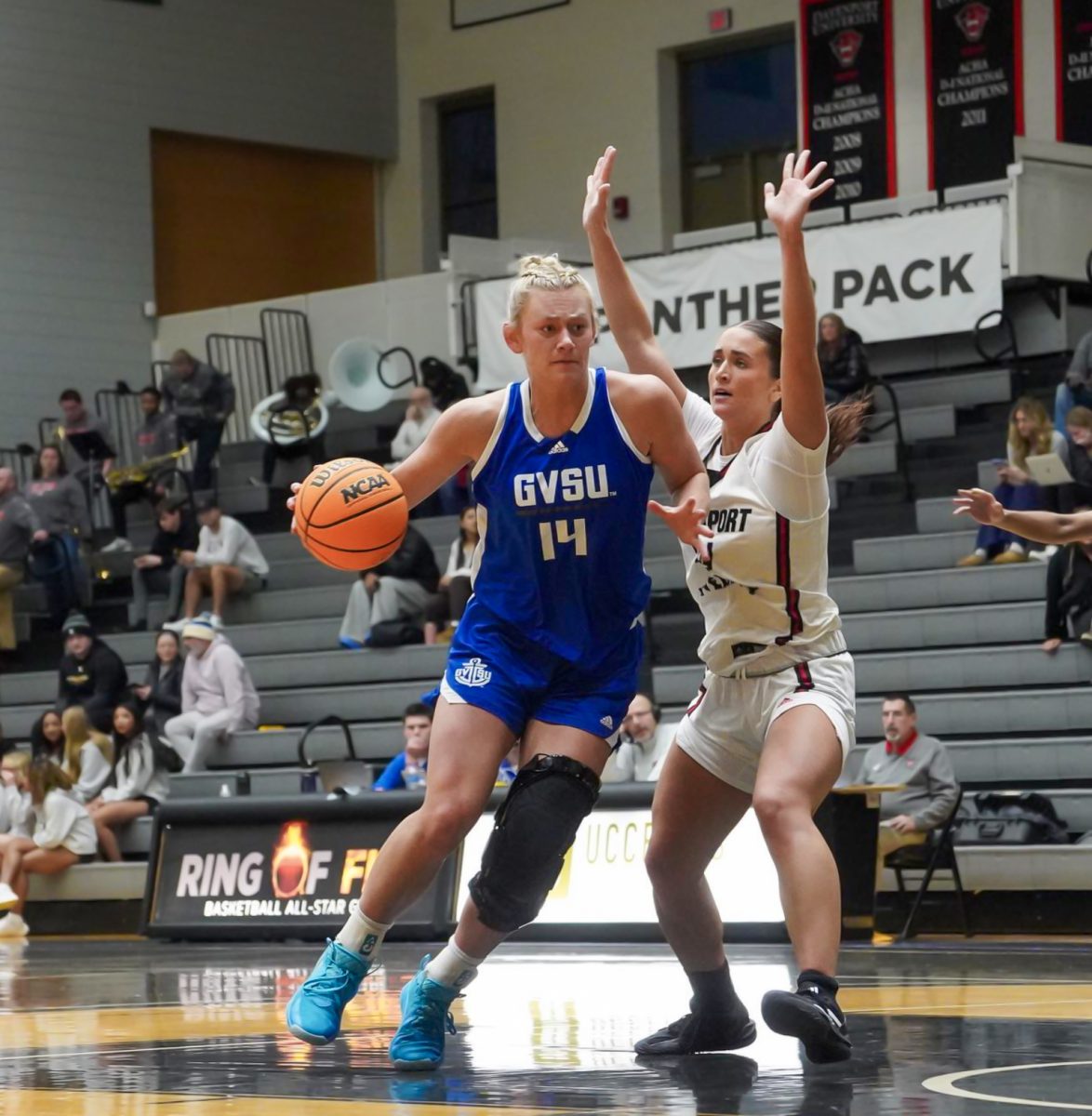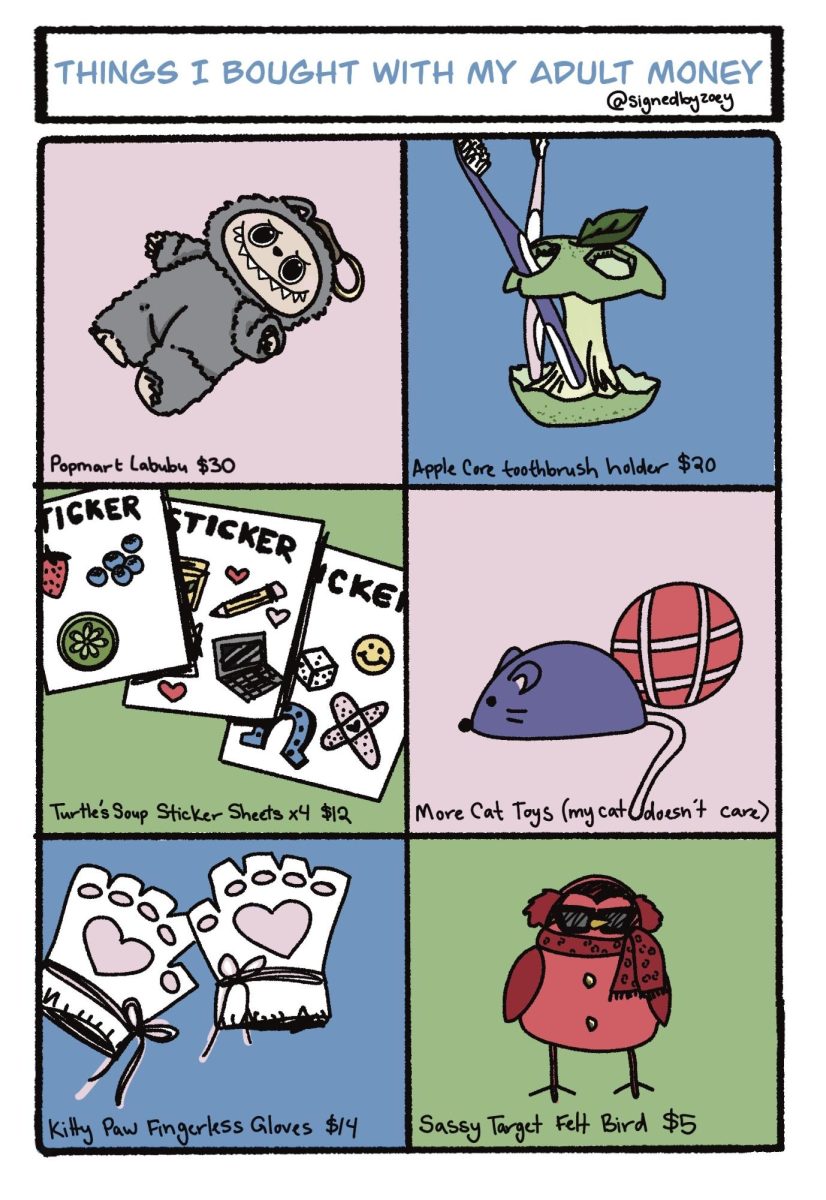GV Student Senate approaches campus dining outcry with civil discourse
Nov 15, 2021
“Civil discourse” is often a phrase that doesn’t reach beyond the realm of electoral politics. However, as students at Grand Valley State University have continued to express concerns over the persistence of issues on campus, the university’s Student Senate has begun work to bolster its handle on civil discourse to better its policymaking and relations with student constituents.
At their general assembly on Nov. 11, the Senate heard from speaker Lisa Perhamus, the director of the university’s Padnos/Sarosik Center for Civil Discourse, who lead a forum on understanding the meaning of and intent behind civil discourse.
“In a true dialogue, when you’re making decisions together and you’re thinking together, consensus is not the goal,” Perhamus said. “Staying true to the process of the dialogue and increasing understanding–making sure everyone is heard–is the goal.”
Perhamus said that those engaged in dialogue should always entertain the possibility that their positions and perspectives may change.
As the workshop continued, the focus turned toward understanding and synthesizing senators’ differing viewpoints regarding the ongoing calls from some students for the university to sever ties with the food service company Aramark and change its approach to campus dining. Senators with differing viewpoints of the matter fostered open discussion and questions for the workshop as some raised concerns about the dialogue so far.
“An issue we run into sometimes when we’re discussing things like this is running ourselves in circles,” Vice President for Allocations Ben Biermacher said.
In focusing the dialogue on the issue of campus dining, Student Senate President Autumn Mueller said she wanted to invite open discussion and ensure that everyone felt heard.
“I think just working together and making sure that we see everyone’s perspective is what we’re trying to do,” Mueller said.
At the same time, Mueller made clear that discussion and action should not interfere with the activities of the University Food Committee already created by the Senate to deal with the issue.
“Just remember that (the University Food Committee) needs time to work,” Mueller said. “We shouldn’t be stepping on their toes with what we can and cannot do here in Senate.”
Ultimately, Mueller said that she believes that opening dialogue to all opinions while also respecting the work of the University Food Committee is possible.
“In essence, everyone’s opinion matters here,” Mueller said. “We want to hear what everyone wants to say but when we do come to a space like this, we have to make sure that we are working with (the University Food Committee)–because we did create them–and making sure that everyone’s perspective on this is being seen and understood in the correct manner just because this is a big group of students working together and its hard to cultivate one position or one cumulative outlook or outcome.”
Melissa Baker-Boosamra, who works as GVSU’s Associate Director of Student Life for Civic Engagement and Assessment and serves as the Student Senate faculty advisor, said she believes focusing on open dialogue and the topic of civil discourse is critical for governing bodies like Student Senate.
“In order for a governing body to make decisions that benefit their community, elected representatives must learn how to be curious, open to hearing multiple perspectives and to seek a deeper understanding of the complex issues that matter to their constituents,” Baker-Boosamra said. “Through civil discourse, elected representatives become better positioned to make sound decisions based on consideration of multiple perspectives and evidence discovered through the process of dialogue.”
As the Senate plans to continue the discussion next week, Mueller struck an optimistic tone for the future in saying that, with time to learn and to gather input, the Senate’s focus on aspects like civil discourse will bring them closer to resolving important issues.
“We see (the campus dining issue) and we know that other students are seeing it, so I think with our progress that we made today and what we’ll make next week is going to help with that,” Mueller said.




